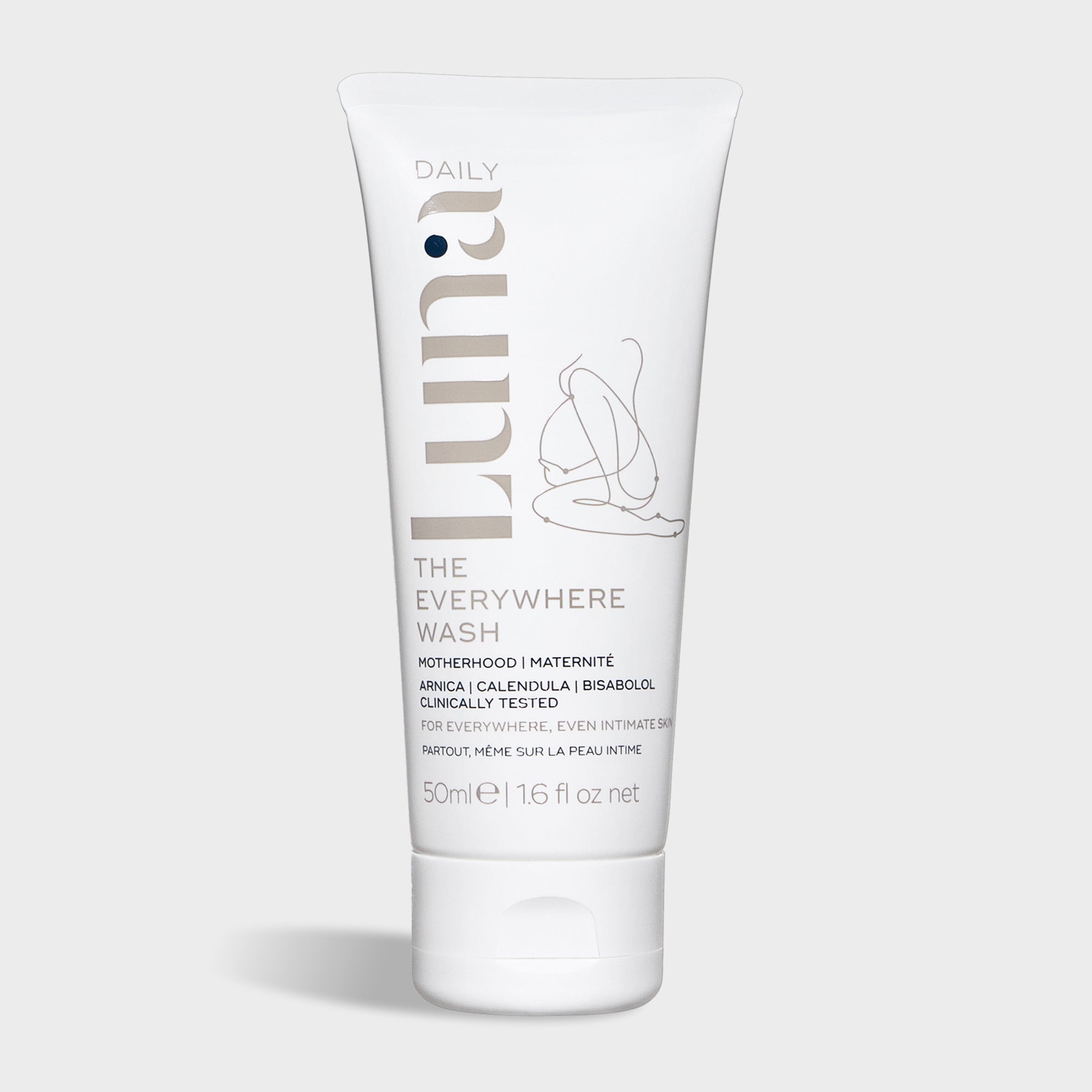Cervical cancer is cancer of the cervix (also known as the neck of the womb), which connects the womb and vagina.
Cervical cancer is the #1 form of cancer in women under 35 years old
1 in 3 women due for their cervical screening have not gone (a leading reason being embarrassment)**
99.6% of cervical cancers can be prevented by cervical screening (smear tests)*
How a cervical screening test works
All women and people with a cervix aged 25 to 64 will be invited by letter to attend their free cervical screening test by the NHS.
A cervical screening test (also commonly known as a smear test or pap smear) is performed to detect abnormal cells on the cervix located in the neck of the womb. It checks the health of the cells in the cervix so it’s not a test for cancer. Instead, it allows any abnormalities to be identified and treated at an early stage to prevent them developing into cancer.
During your routine screening appointment, your doctor will take a small sample of cells from your cervix (this can feel a little uncomfortable, but it only takes a few seconds).
When should I get a cervical screening test?
In the UK, you’re automatically invited for a free cervical screening if you are:
Between the ages of 25 to 64
Registered as female with a GP surgery.
Your cervical screening result will help decide when you are next invited for cervical screening.
You may be invited:
Every year
Every 3 years
Every 5 years
Straight to colposcopy for more tests.
The process: You can book in for your scheduled screening appointment just as you would for any other routine doctor’s appointment, and you can always ask if you’d prefer a female doctor when booking.
The best time to have your appointment is mid cycle; around 14 days after your last menstrual period, and not during a period.
During your appointment the doctor will ask you a few simple questions about your sexual health, current medications, and any symptoms. You will then be asked to undress from the waist and lie down whilst the doctor carries out the routine screening, inserting a small instrument called a speculum into the vagina to allow them to see your cervix and take the sample.
It can be slightly uncomfortable, but not painful - and it only takes a few short minutes.
The sample is then sent off to a lab and checked for certain strains of human papillomavirus (HPV) that can cause changes to the cells of your cervix and are sometimes linked to cervical cancer. These are called "high risk" types of HPV and your doctor will ask for a follow up appointment with information on treatments.
If these types of HPV are not found, you do not need any further tests until your next scheduled screening.
In most cases, you'll get your results by letter, usually within 2 weeks of your appointment.
What is HPV?
Human papillomavirus (HPV) is the name for a very common group of viruses that most people are exposed to in their adult life and usually go away on their own untreated. It’s very common and nothing to feel ashamed or embarrassed about.
You can get HPV from any kind of skin-to-skin contact of the genital area, not just from penetrative sex. If high risk strains of HPV stay in your body, they can cause changes to the cells in your cervix. These changes may become cervical cancer if not treated when diagnosed.
If you do not have a high-risk type of HPV it is very unlikely you will get cervical cancer, even if you have had abnormal cell changes in your cervix before.
Being nervous is normal, but you don’t need to be, and a few seconds of discomfort is much easier than risking your long-term health by not going to your screening test.
Remember: doctors and nurses are used to these examinations and will always do their best to put you at ease.
To sign the pledge get in touch hello@luna-daily.com
For more information on cervical screening visit:
https://www.ladygardenfoundation.com/
https://www.nhs.uk/conditions/cervical-screening/











